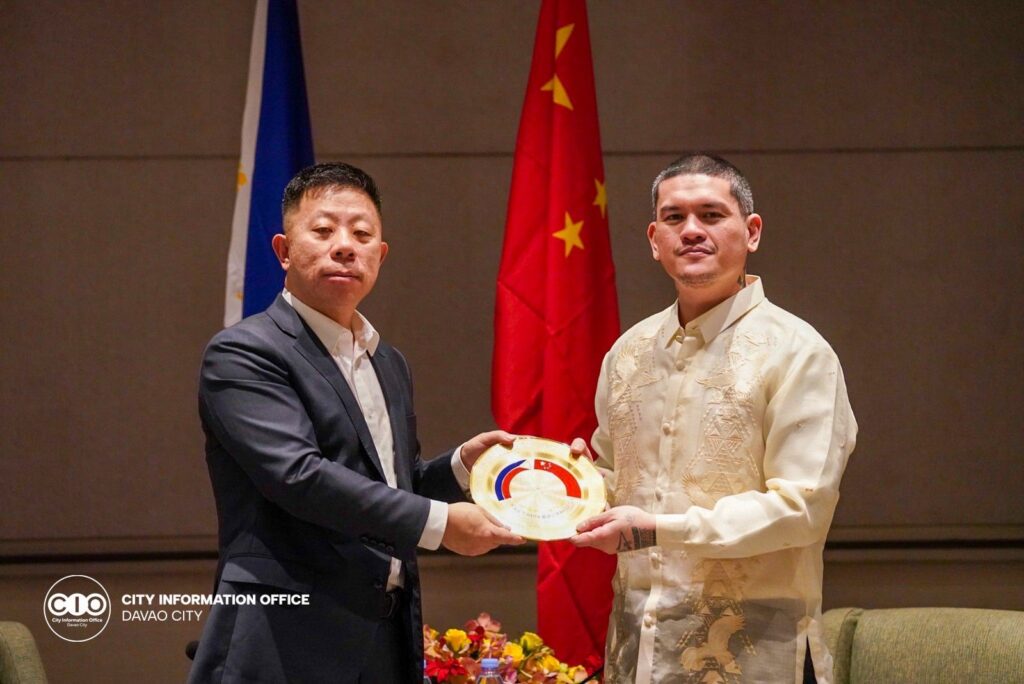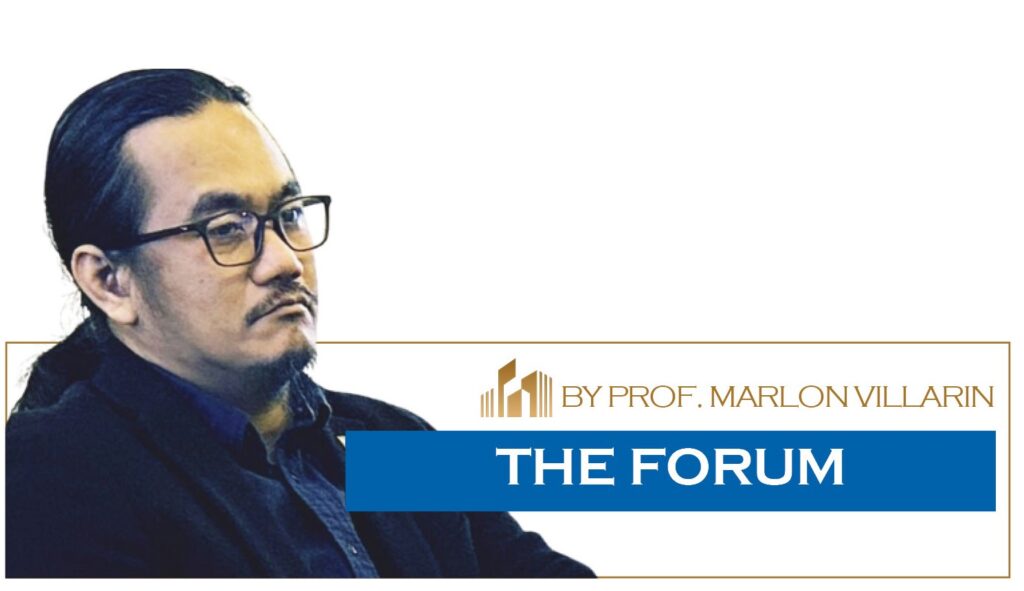Justice in the Philippines has been described as a blindfolded lady walking on all fours with no sword and scales in a room so dark it’s pretty sure she won’t find her way out. Take the blindfold out, open the lights and the scale she’s holding will be tilted to favor the guilty, using the best remedies available — prosecutors damned by technicalities and a bench that power holders can sway.
Since 1992, that has been the plot of the Marcos wealth cases and the Presidential Commission on Good Government (PCGG) notched its wins here and abroad when the Marcoses and their cronies could not regroup. With another Marcos at the helm of government, the Marcos wealth cases have been dismissed in succession, and the PCGG lawyers appear to be resigned to successive losses. There are many reasons for the decisions and resolutions that battered PCGG, which incidentally was ordered by Ferdinand Marcos Jr. to go hard against grafters and corrupt elements in his own government.
In successive fashion, too, the Sandiganbayan dismissed graft and plunder cases against the big fish like Sens. Bong Revilla (but ordered to reimburse millions) and Jinggoy Estrada, who also won his bribery case after his graft case was junked. The state also lost the plunder and graft cases against now presidential legal counsel Juan Ponce Enrile, his former chief of staff Lucila “Gigi” Reyes and the accused mastermind of the PDAF scam, Janet Lim Napoles, despite the 255-page dissent of Sandiganbayan Presiding Justice Amparo Cabotaje Tang centering on why the majority should not have decided the case on technicalities. Enrile’s demurrer to evidence won his case. Tang is retiring next month.
Apart from the Paoay case, in which the Sandiganbayan justices found no basis for the Marcoses to hold on to the 57-hectare property, and the final decision on some wealth cases rendered decades ago, it would seem that the judicial system is pretty much obsessed with technicalities rather than the substantive aspects of law and jurisprudential tradition. In the Paoay case, the Marcoses were found to have no authority to hold on to the property, in which case the ownership of the same reverts to the state. The Sandiganbayan just dismissed the P276-million Civil Case 006 against the Marcoses and Roman Cruz, who was accused of amassing properties for the benefit of Ferdinand Marcos Sr. and his family. The assets could not have been acquired using the legal income of the Marcoses. The properties included land and six condo units in California, two residential lots and two condos in Baguio City, a residential building in Makati and residential land in Metro Manila.
In a 30-page resolution, the Sandiganbayan dismissed the 37-year-old case without the PCGG offering any opposition. The magistrates claim the inordinate delay and violation of due process compelled the delay. Why would prosecutors oppose the Marcos motion? The Presidential Commission on Good Government (PCGG) is under the Office of the President (OP), which happens to be headed by the dictator’s son and namesake. The irony in this case is that Ferdinand R. Marcos Jr. is also a respondent in the wealth cases but as the head of state, he also controls the
Office of the Solicitor General (OSG), which is the state counsel. The state can also deploy lawyers from the Department of Justice (DOJ) to strengthen, or weaken, cases.
There is practically no chance for the people’s cases against the Marcoses to be tried with dispatch since these cases, filed in 1989, practically ground to a halt after the late President Cory Aquino left Malacanang in 1992. President Fidel Ramos sought a settlement of the Marcos wealth cases but the Marcoses wanted to be absolved of their crimes, as in the Hawaii class suit, in which the offer to the 9,539 class members was 20% of the award. The offer was naturally rejected and the Supreme Court (SC) voided any such onerous deal. The PCGG had discovered Marcos assets in Switzerland, Australia, US, Liechtenstein, the UK and in many offshore accounts after Michael de Guzman flubbed the withdrawal of Marcos deposits from a Swiss bank. The state also recovered more than $500-million of those assets.
The Sandiganbayan resolution in Civil Case 006 said the prosecutors “did not oppose the move of the defendants to dismiss the case.” The court added: “In fact, the plaintiff tends to agree with the dismissal of the case when it emphasized that there are no more allegations against the estate of Marcos.” It would not be too much to expect that that sentence may just as well be copy pasted in succeeding Sandiganbayan decisions. As some legal eagles have pointed out, the situation under which Marcos Jr. commands the executive department is not conducive to the just and equitable resolution of wealth cases. This is tantamount to self-dealing as when an office holder benefits from manipulating judicial proceedings or pressuring prosecutors to lie low on cases that involve him or her. It is a conflict of interest.
In August 2023, the Sandiganbayan also dumped an appeal of its June 2023 decision dismissing Civil Case 0014 against the Marcoses for lack of merit. The case accused Rebecco and Erlinda Panlilio of acting as Marcos dummies in the acquisition of several companies using loans from state banks at very low interest. The companies include the Ternate Development Corp., Monte Sol Development Corporation, Olas del Mar Development Corporation, Fantasia Filipina Resort, Inc., Sulo Dobbs, Inc., Philippine Village, Inc., Silahis International Hotel, Inc., Hotel Properties, Inc., Puerto Azul Beach and Country Club and Philroad Construction Corp. The Sandiganbayan argued there was no case against the Marcos couple and associates since the Revised Rules of Evidence that took effect in 2020 recognizing duplicates of documents as admissible evidence cannot be applied in the Civil Case 0014, which was filed way back in 1987. Here is another technicality that pairs well with the decision of the Sandiganbayan to acquit Enrile, Reyes and Napoles, which stressed the records contained in the hard disk of a witness are not admissible evidence even if they corroborate proffered pieces of information that proved payoffs. It was impossible for Enrile not to know anything about what was happening in his own backyard.




